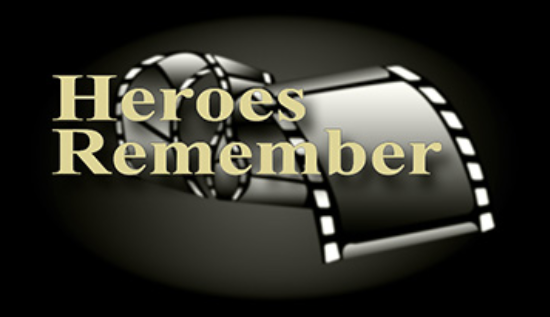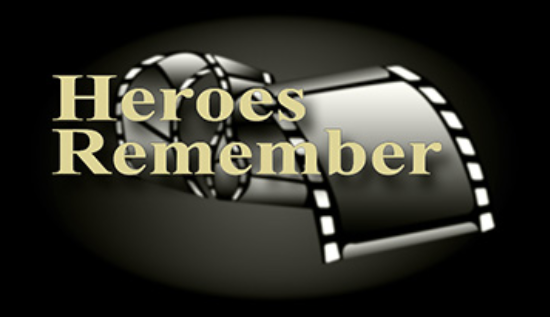Road to Portsmouth and Dieppe
Heroes Remember
Road to Portsmouth and Dieppe
We got orders to disembark, disembark. There was our ship, the
Calpe, HMS Calpe. You’ll hear a lot of it in the next few
minutes. And there, oh it was loaded down with ammunition, of
all types of bombs, and shells, and everything you could think
of in there. And, it was really a going concern. So, we climbed
up the, the steps. Got on the board and went down below in the
hold they called it. Everything was quiet. Found a bunk. The
siren went. And then an announcement came, it says “We’re moving
out. Where, we’ll let you know in very shortly.” And so the
ship started, there was Calpe, the Fernie, the Berkeley, and
they, all destroyers. They were all heading off, pulling out for
the sea. Now about three miles out of port they have what they
call the safety gate. And it’s two ships, and these ships have
buoys to hold the chain up. It’s a big master chain that goes
right across. And they have air bags that they inflate. And they
can drop these chains down wherever they need them or raise them
up for the ships to go out. When ships go out well they raise
the chains and they let them out. Now when they, there’s an
alert on well they have to leave the chains on. So that was
three miles out. Siren went. And we were asked, the announcement
came over the loudspeaker system “All hands to main deck for
briefing.” The most solemn time of my life was right there,
I didn’t know it.
Related Videos
- Date modified:





